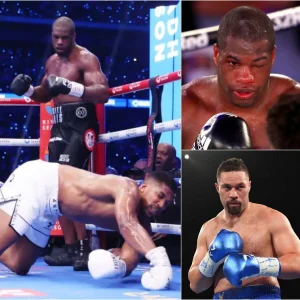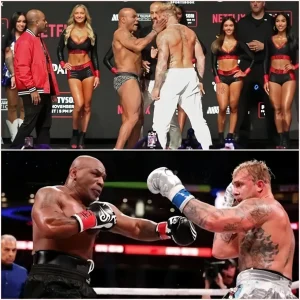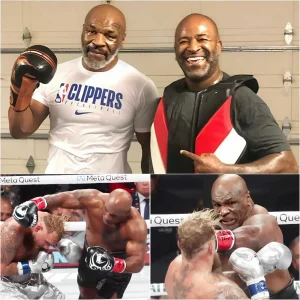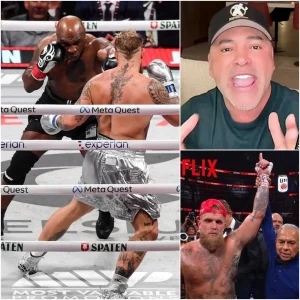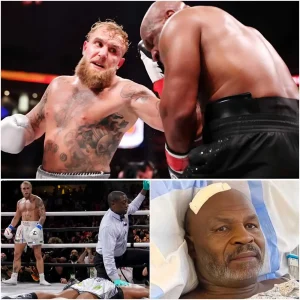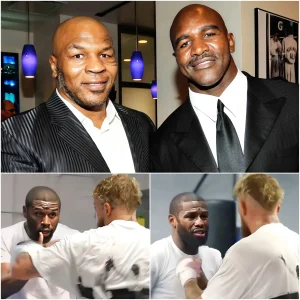In a stunning admission that has sent shockwaves through the boxing community, Floyd Mayweather Jr. has revealed that he intentionally waited for Manny Pacquiao to age before agreeing to their much-anticipated fight in 2015. This confession sheds new light on one of the most talked-about bouts in boxing history and adds a controversial layer to Mayweather’s undefeated legacy.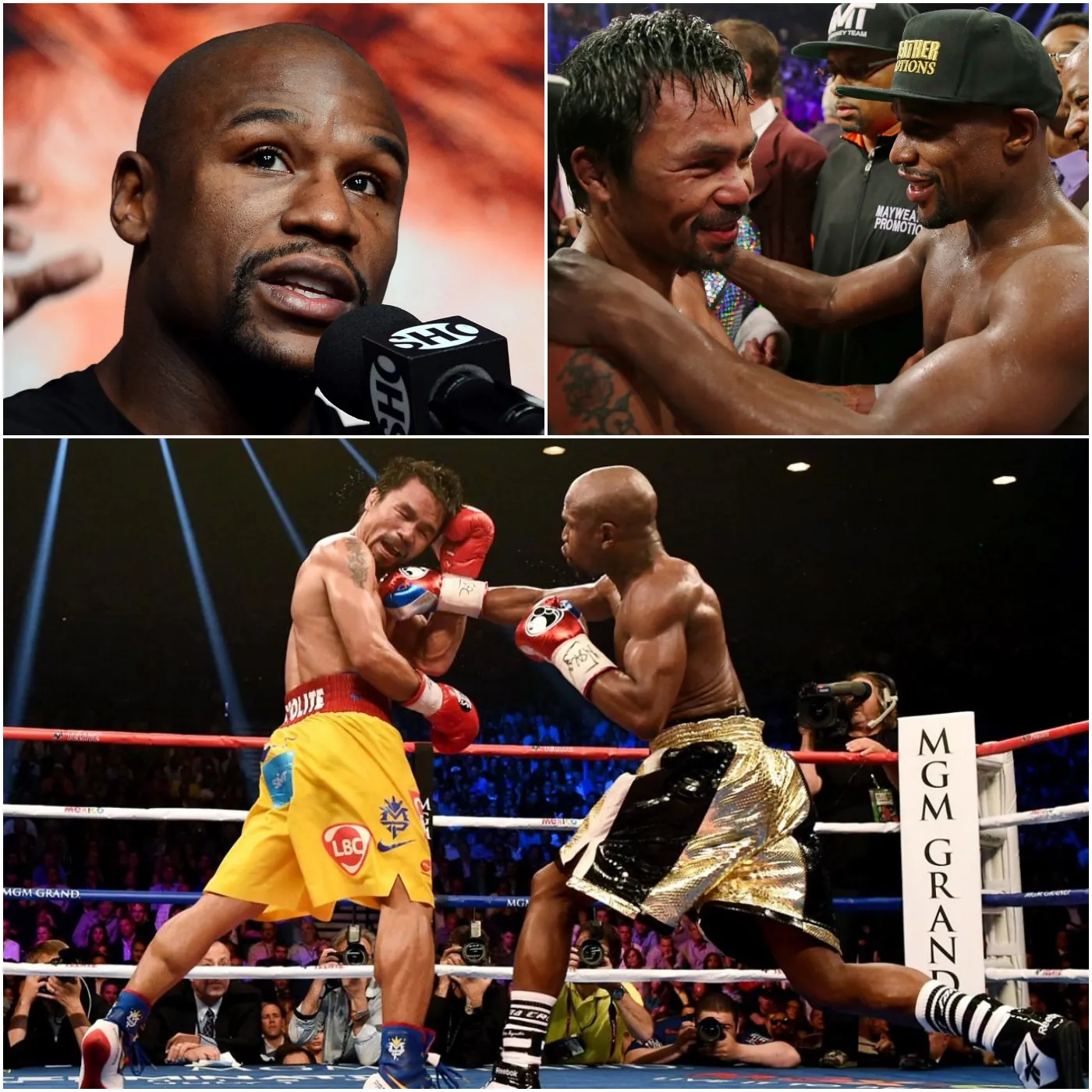
The fight between Floyd Mayweather Jr. and Manny Pacquiao, often referred to as the “Fight of the Century,” took place on May 2, 2015, at the MGM Grand Garden Arena in Las Vegas. It was a bout that boxing fans had clamored for years, and when it finally happened, it became the highest-grossing fight in history, generating over $600 million in revenue. Mayweather won the fight by unanimous decision, solidifying his status as one of the greatest boxers of all time.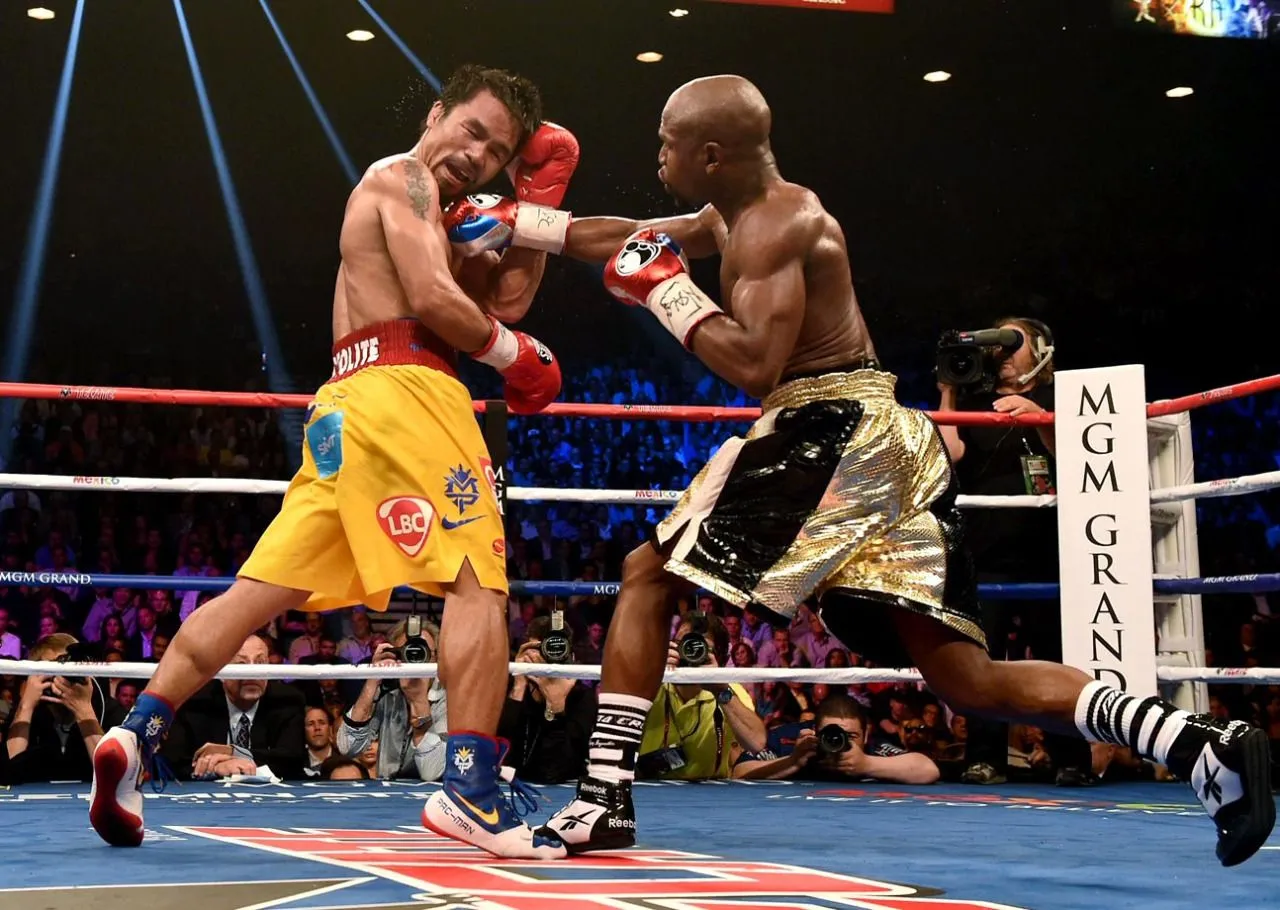
However, Mayweather’s recent revelation casts a shadow over his victory. In an interview, he openly stated, “I waited for Pacquiao to age before I agreed to fight him. It was a strategic decision to ensure I had the best possible advantage.” This candid admission has sparked widespread debate and criticism, raising questions about the ethics and sportsmanship behind the timing of the fight.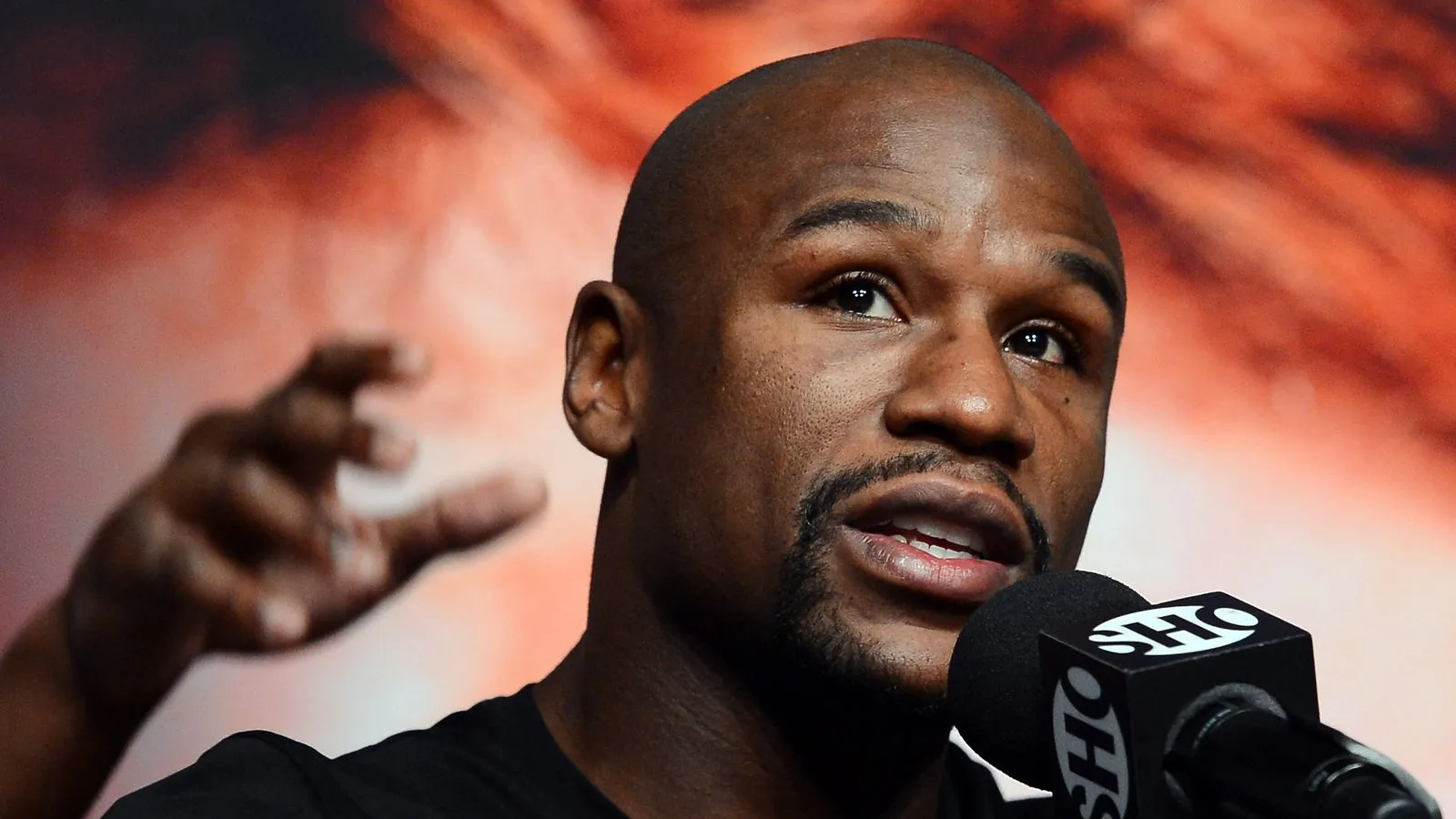
At the time of their bout, Mayweather was 38 years old, and Pacquiao was 36. Both fighters were past their physical primes, but many analysts and fans believe that Pacquiao had shown more signs of decline due to his aggressive fighting style and the wear and tear from numerous grueling matches. By contrast, Mayweather, known for his defensive prowess and ability to avoid punishment in the ring, had managed to preserve his physical condition more effectively.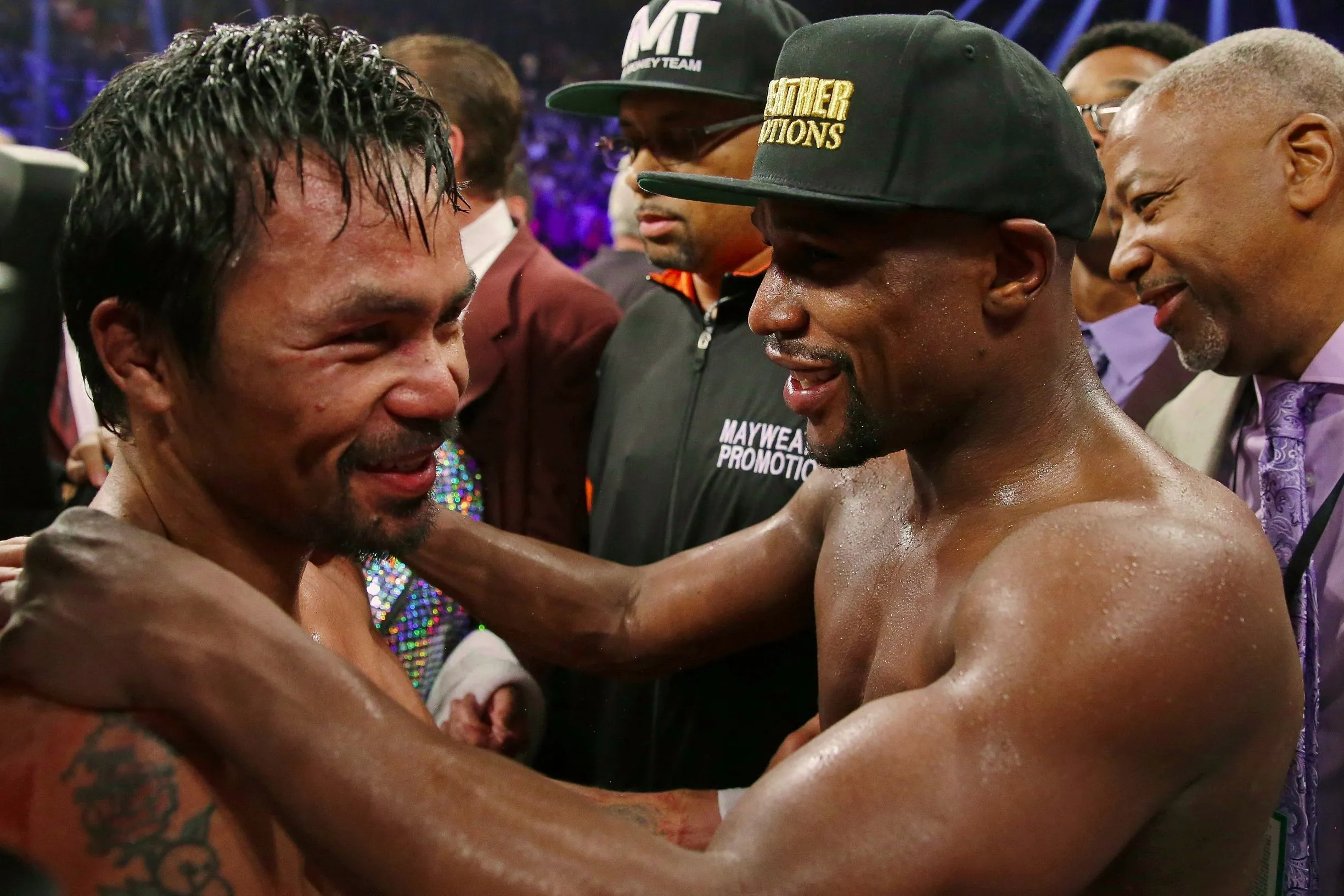
Mayweather’s strategy, as he described, was to exploit this natural decline in Pacquiao’s performance. “Boxing is as much about strategy as it is about skill,” he explained. “Timing is everything, and I knew that waiting would give me the upper hand. It was about making sure I fought him when the odds were in my favor.”
This admission has reignited discussions about the fight and its legacy. Critics argue that Mayweather’s decision undermines the competitive integrity of the sport, suggesting that he prioritized preserving his undefeated record over facing Pacquiao at his best. Fans who had long anticipated a matchup between the two fighters in their primes expressed disappointment, feeling that the true potential of the bout was compromised.
Supporters of Mayweather, however, point out that strategic decisions are an inherent part of professional sports. They argue that managing one’s career and choosing the right moments to take on significant challenges is a legitimate aspect of achieving long-term success.
Manny Pacquiao, who has since retired from boxing and ventured into politics, has yet to respond to Mayweather’s comments. In the past, Pacquiao has expressed frustration over the delayed timing of the fight, feeling that it happened several years too late.
As the boxing world absorbs Mayweather’s revelation, it is clear that this disclosure will have lasting implications for how the Mayweather-Pacquiao fight is remembered. While Mayweather’s record remains unblemished, the context of his victories and the strategies behind them will continue to be scrutinized and debated by fans and historians alike.
In the end, Mayweather’s admission underscores the complex interplay of strategy, timing, and competition in professional boxing. It serves as a reminder that beyond the punches thrown and rounds fought, the decisions made outside the ring can significantly shape the narratives and legacies of the sport’s greatest champions.
